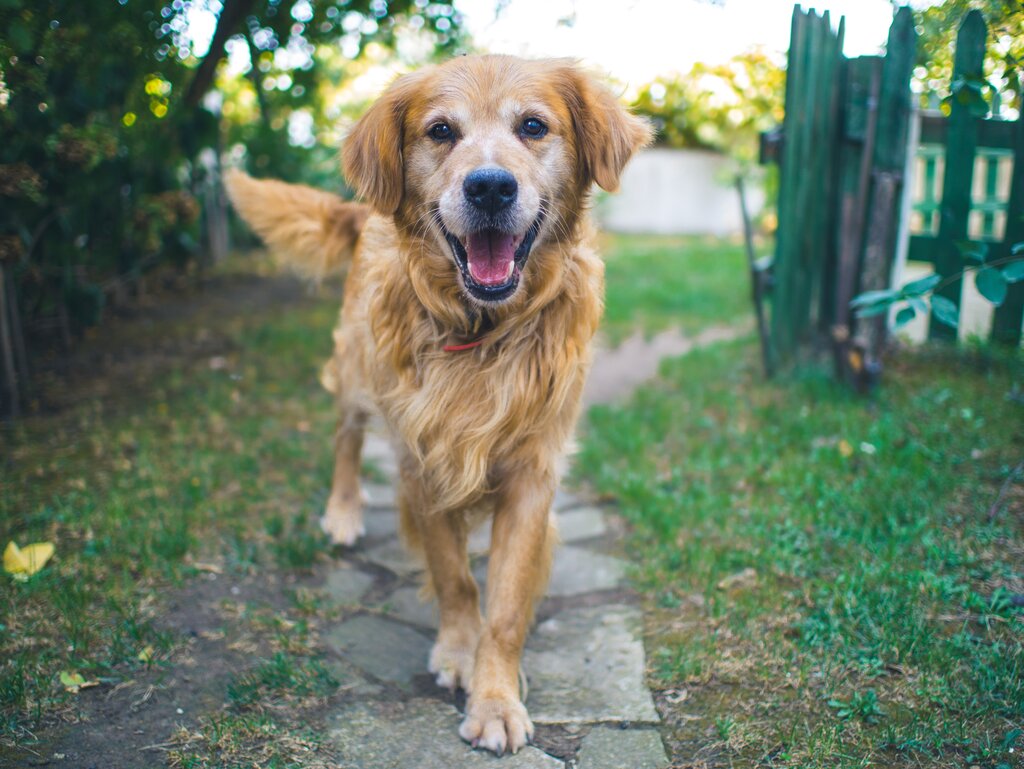As our beloved canine companions advance in years, their dental care needs and challenges often evolve. Aging dogs may face increased susceptibility to a variety of dental issues, such as gum disease, tooth loss, or infections, making it crucial for pet parents to maintain a proactive and supportive oral care routine. With the right knowledge, techniques, and oral care products, you can help ensure that your senior dog's oral health remains a top priority, providing them with a more enjoyable and comfortable experience during their golden years.
In this educational and informative article, we'll discuss the oral care challenges unique to senior dogs and provide essential tips to maintain their dental health effectively. We'll explore how Wag & Bright's tailored range of oral hygiene products can support your aging dog's dental needs, and how you, as a dedicated pet parent, can help manage their oral health for a better quality of life.
Get ready to dive into the world of senior dog dental care, and together, let's ensure that our aging canine companions enjoy a healthier, brighter, and happier smile as they gracefully navigate their golden years.
Recognizing the Unique Dental Challenges of Senior Dogs
As dogs grow older, they may face various age-related dental issues that require increased attention and care. Some common oral health challenges faced by senior dogs include:
- Increased plaque and tartar buildup: Senior dogs may experience a heightened risk of plaque and tartar accumulation, which can lead to dental problems such as gum disease and tooth decay.
- Tooth loss: Due to years of wear and tear, older dogs may lose teeth, making it essential to stay on top of dental care and visit the veterinarian regularly.
- Oral infections: Aging canines can become more susceptible to oral infections, such as tooth abscesses or gum infections, often caused by untreated plaque and tartar buildup.
- Difficulty maintaining oral hygiene: Medical conditions, such as arthritis, may make it more challenging for senior dogs to maintain their oral hygiene through regular chewing or grooming.
Understanding the dental challenges your senior dog may face is the first step in developing an effective oral care plan tailored to their needs.
Customizing Your Senior Dog's Oral Hygiene Routine
An effective oral hygiene routine is crucial for dogs of all ages. However, senior dogs may require a customized approach to address their unique dental care challenges. Some helpful tips for maintaining your aging dog's oral health include:
- Adapting tooth brushing techniques: Older dogs may have more sensitive teeth and gums, making it essential to adjust your brushing technique. Use a soft-bristled toothbrush, and apply gentle pressure when brushing their teeth, taking care not to cause discomfort or irritation.
- Adjusting the frequency of dental care: As senior dogs are more prone to dental issues, consider increasing the frequency of at-home dental care, such as brushing and using dental chews. Aim to brush their teeth daily and provide appropriate dental chews or treats.
- Monitoring and managing dental health: Keep an eye on your senior dog's mouth, teeth, and gums to spot any potential issues early on. Regular checks will allow you to respond to dental problems promptly, ensuring your aging pet receives the necessary treatment.
Importance of Regular Veterinarian Visits for Senior Dogs
Pet parents should ensure their senior dogs receive regular veterinary checkups, including dental examinations. Your veterinarian can assess your dog's oral health, provide guidance on appropriate dental care practices, and recommend professional dental cleanings as needed.
Maintaining a strong relationship with your veterinarian is necessary for a clear understanding of your senior dog's dental needs and overall wellness. Be sure to contact your veterinarian if you notice any sudden changes in your dog's dental health, such as persistent bad breath, bleeding gums, or difficulty eating.
Conclusion
Comprehensive dental care is essential for senior dogs, as it helps address the unique challenges they may face due to aging. By customizing your dog's oral care routine, incorporating Wag & Bright's carefully designed products, and regularly visiting a veterinarian, you can help ensure that your senior dog maintains good dental health throughout their golden years.
Visit Wag & Bright's online store to explore our range of age-specific dogs’ oral care products. By partnering with Wag & Bright, you can provide your senior dog with a brighter, healthier smile and enhance their quality of life as they progress through their golden years.

